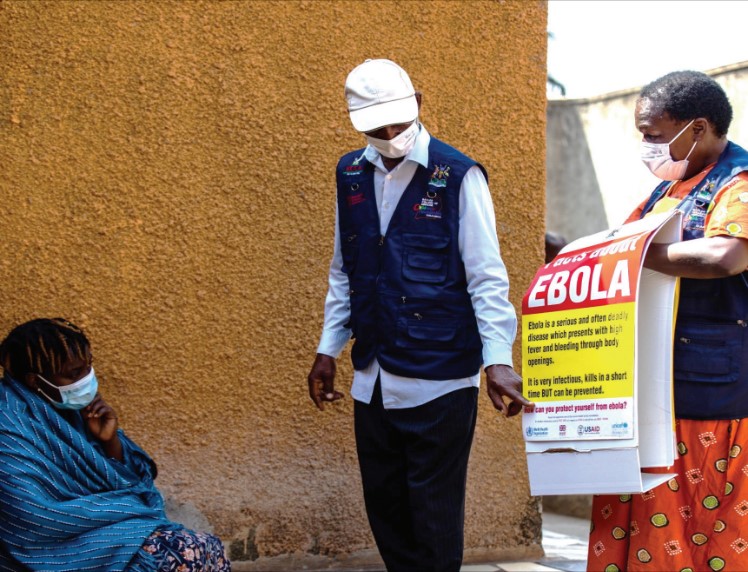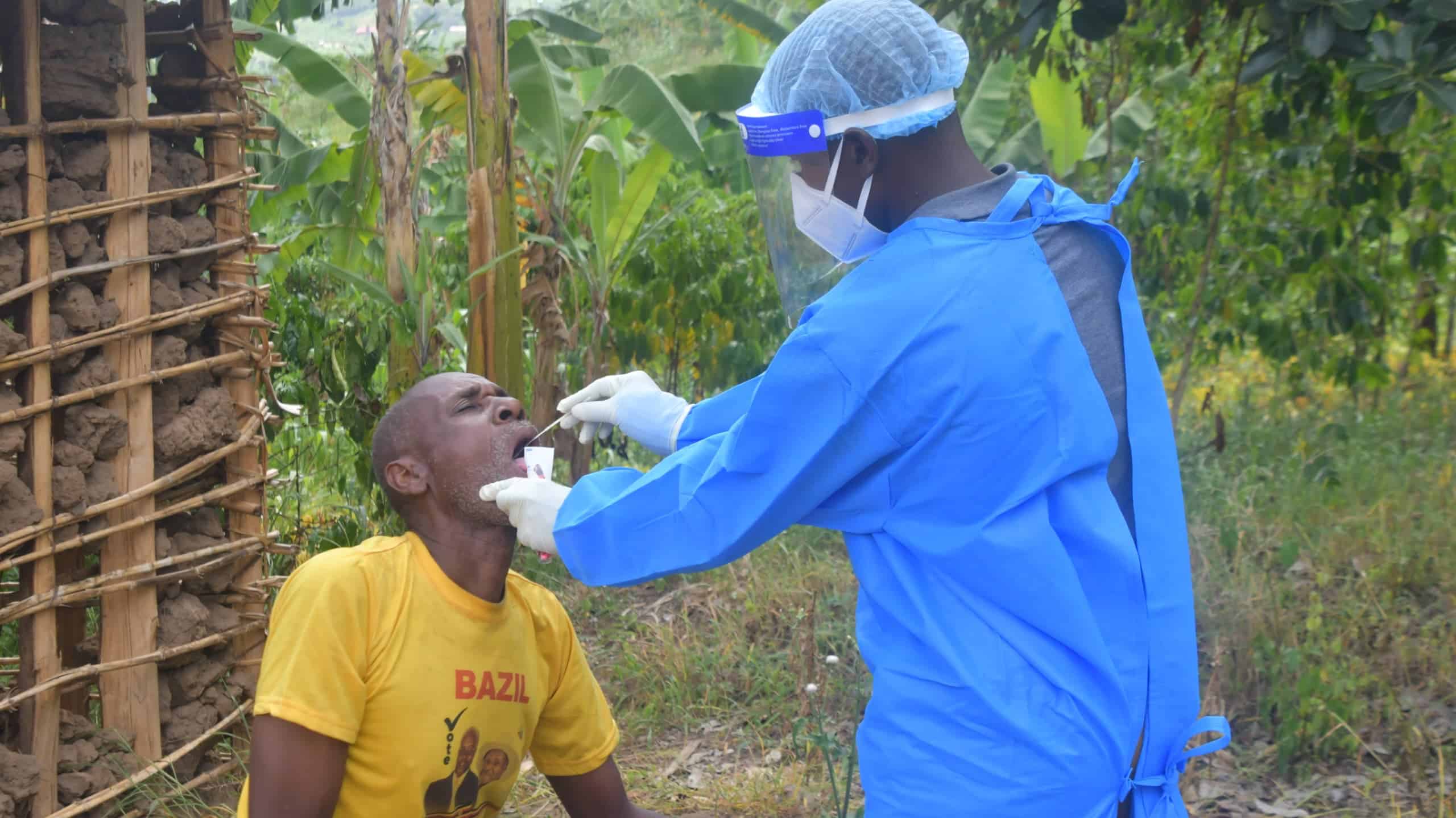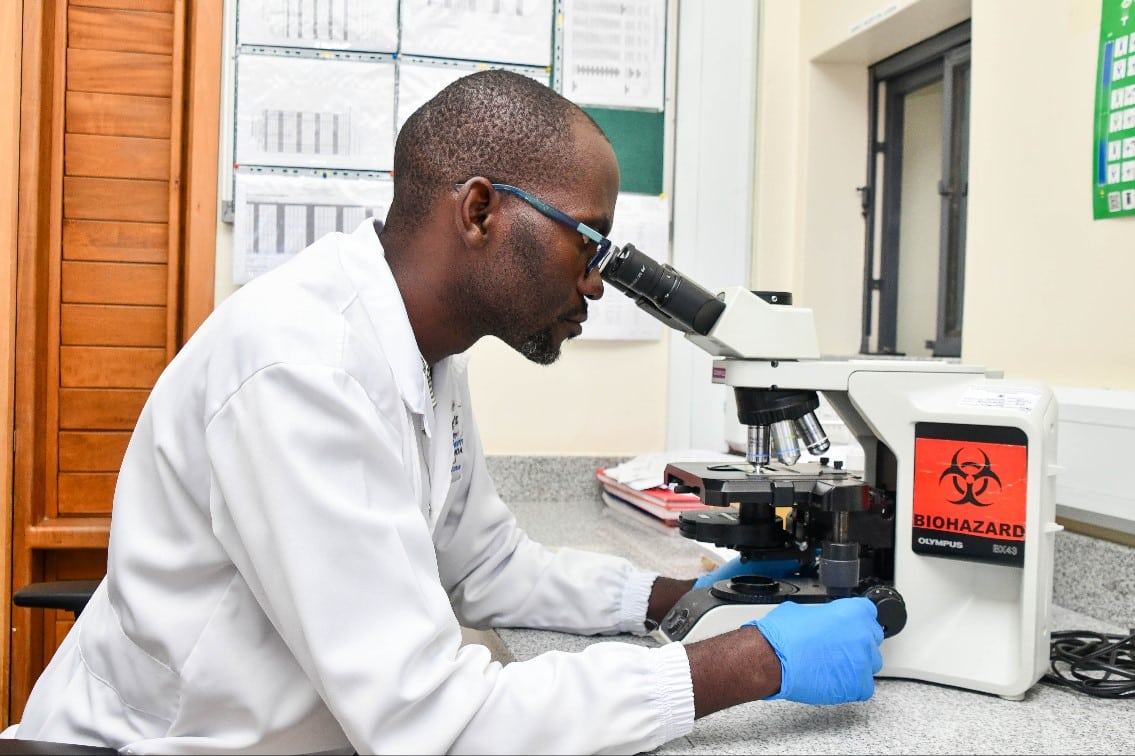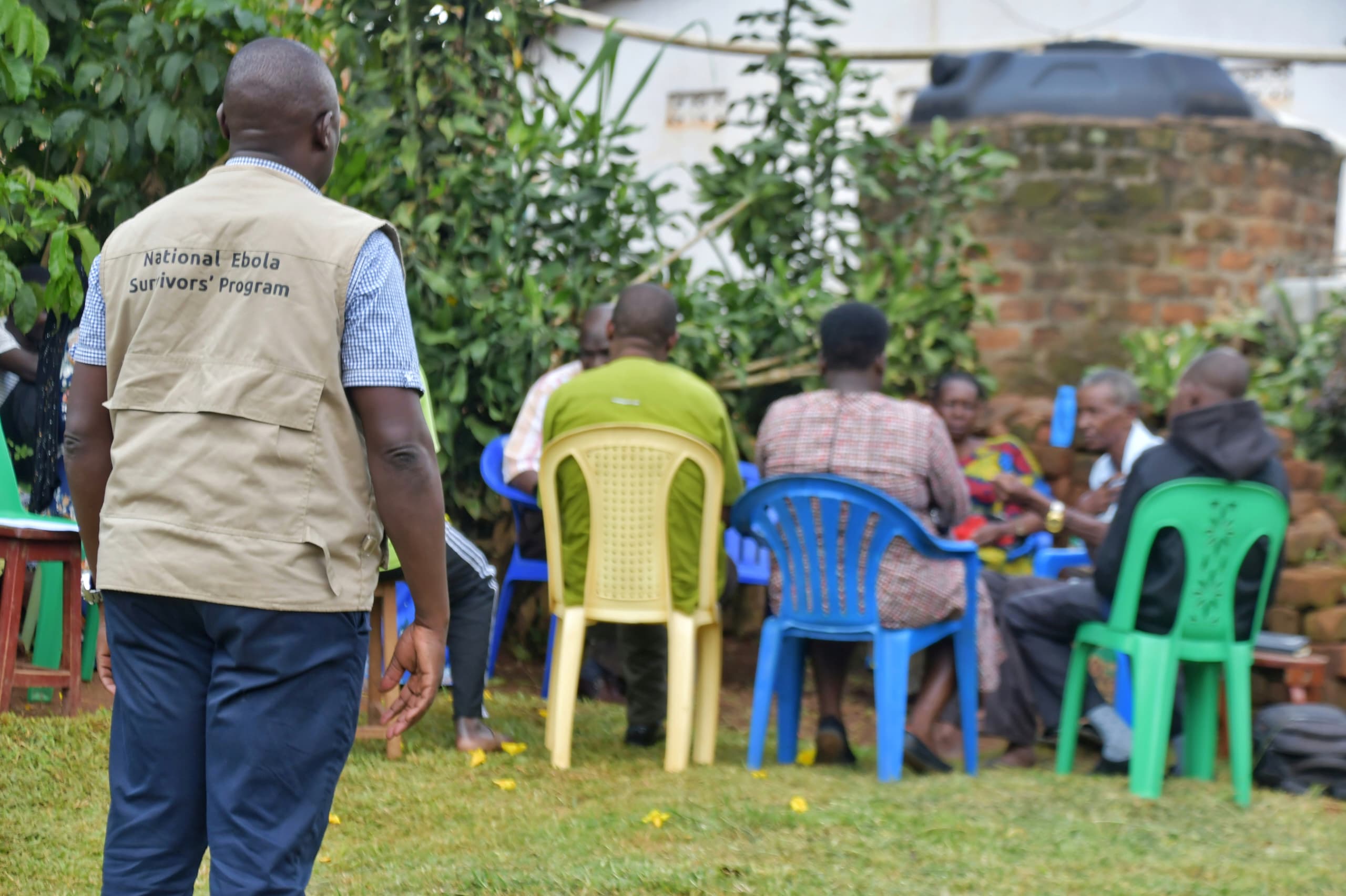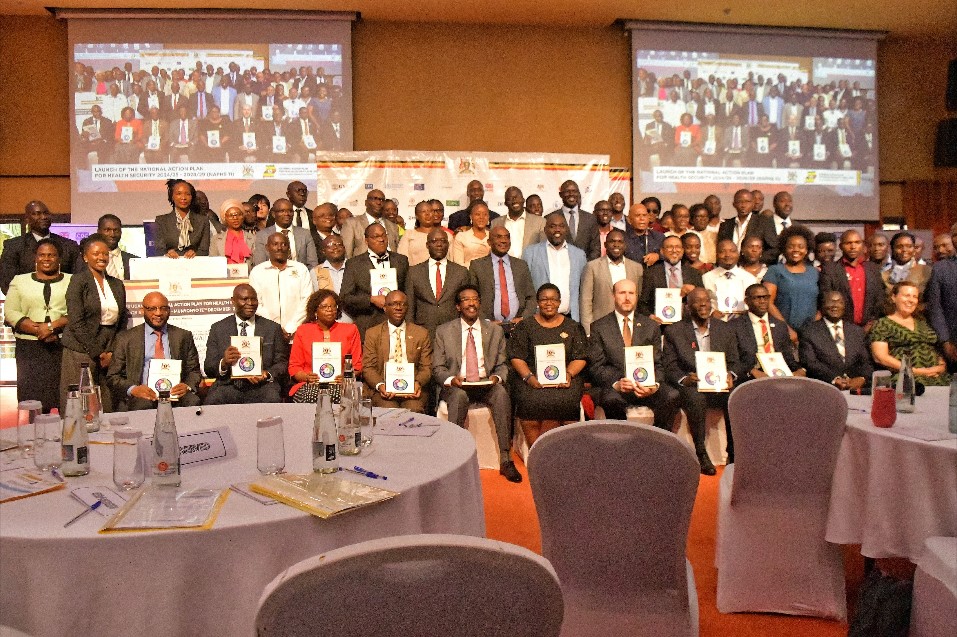In August 2023, Baylor Foundation Uganda (BFU) successfully concluded the implementation of the Pandemic Preparedness and Response project in Kampala, funded by GIZ (Deutsche Gesellschaft für Internationale Zusammenarbeit GmbH) and UKAID. This milestone project focused on strengthening urban health systems to enhance early disease detection and effective outbreak response.
Enhancing Early Case Detection in Nakawa Division
In collaboration with the Kampala Capital City Authority (KCCA) Directorate of Public Health and Environment, the project adopted and implemented the World Health Organization (WHO) Community Active Case Search (CACS) strategy. The intervention targeted Nakawa Division—one of the five administrative units of Kampala—comprising 23 parishes and 244 zones with an estimated population of 400,000 residents.
To operationalize the CACS strategy, 480 Village Health Teams (VHTs) were trained and deployed to actively search for cases across all 23 parishes. These trained VHTs reached over 60,000 households, covering 54% (127 out of 237) of the targeted zones. Their efforts led to the identification of 13 suspected cases of Sudan Virus Disease (SUDV) that fit the established community case definition—demonstrating the power of early surveillance in preventing outbreaks.
Impact
- 480 Village Health Teams trained
- 60,000+ households reached
- 127/237 zones covered in Nakawa Division
- 13 SUDV suspects identified through active case search
This successful project has set a replicable model for community-led pandemic preparedness in densely populated urban settings. By empowering local health teams and leveraging structured community surveillance systems, BFU has contributed to Kampala’s long-term epidemic readiness.
